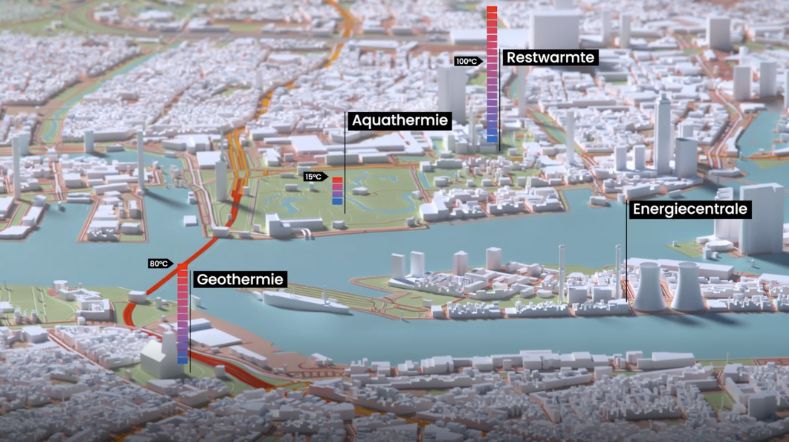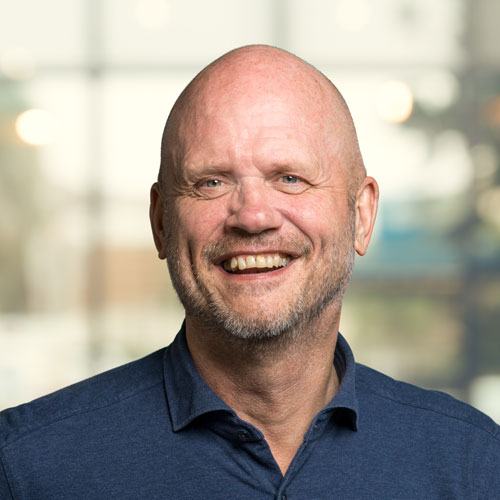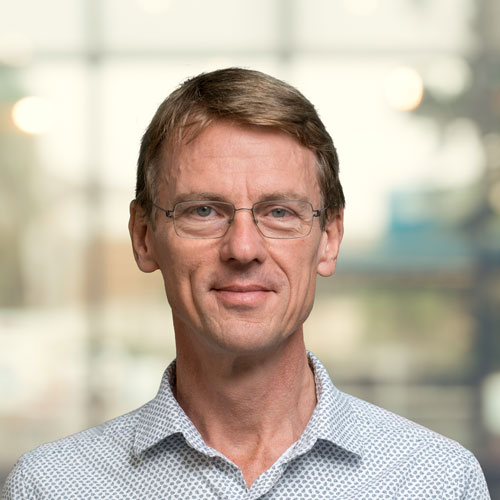
CO2 storage
The energy transition requires industry to drastically reduce its carbon emissions. While solar and wind energy offer long-term solutions, Carbon Capture and Storage (CCS) enables impact on levels of CO2 emission to the atmospheric immediately. Ensuring that CO2 remains safely stored underground brings unique geological and technical challenges. We help design storage systems, assess risks, and provide the technical foundation that makes large CO2 storage projects viable and cost-effective.
CO2 storage in the Netherlands
In the Netherlands, carbon storage currently takes place exclusively offshore, adding complexity to project development and operations. The current focus is on storing CO2 in depleted offshore gas fields. These formations have a significant advantage: they have already proven their ability to contain gas for millions of years. When gas is extracted, the space it once occupied can be filled with CO2, largely returning the reservoir towards its original state in terms of pressure and capacity.
In other countries, such as Norway, Denmark, and the UK, CO2 is stored in saline aquifers: deep water-bearing formations where saltwater is displaced to make room for CO2. TNO is currently investigating this approach for the Netherlands to address longer-term storage needs when the capacity of depleted gas fields becomes insufficient.
CO2 storage capacity beneath the North Sea
Read our news about CO2 storage capacity beneath the North Sea.
Our approach
Our research focuses on various geological and technical challenges.
Our work centers on two fundamental questions: can CO2 be stored safely, and will it stay where we put it? We investigate the risks involved throughout the storage process and determine the optimal conditions under which CO2 can be safely injected and stored in reservoirs. Using both theoretical modeling and practical testing approaches, we validate storage concepts before they reach full-scale implementation.
The primary risks we assess are geological in nature. We analyse existing fractures in the subsurface that could provide escape routes, evaluate well integrity where injection wells must penetrate through sealing layers, and predict induced seismicity. All underground operations create vibrations, and we work to quantify their strength to ensure they remain within acceptable limits.
We develop comprehensive modeling chains that simulate relevant processes throughout the storage lifecycle. We have access to data from deep subsurface drilling operations, including oil and gas drilling data, which helps us understand geological conditions in different areas and gas fields.
In our lab we operate specialised wells several hundred meters deep where we simulate realistic conditions for CO2 storage. We test sensors and equipment components that must withstand conditions when millions of tons of CO2 flow through systems annually. This ensures material reliability and helps validate our modeling predictions under real operational stresses.
Key projects in the Netherlands
Porthos is the first large-scale CO2 transport and storage project using depleted gas fields to be realised in the European Union. The project transports CO2 captured from industrial companies in the port of Rotterdam (Shell, ExxonMobil, Air Liquide, and Air Products) through a 30-kilometer onshore pipeline to a compressor station, then via subsea pipeline to a platform about 20 kilometers offshore in the North Sea. The CO2 is injected into depleted gas fields located 3-4 kilometers under the seabed in sealed reservoirs of porous sandstone.
Porthos will store about 37 million tonnes of CO2 total (2.5 million tonnes per year for 15 years). The project reached final investment decision in October 2023, with operations expected to start in 2026. TNO collaborated on the design of the transport and storage system for the Porthos project and assessed storage risks.
Aramis is a larger-scale CO2 transport and storage infrastructure project developed by TotalEnergies, Shell, EBN, and Gasunie. The project will enable hard-to-abate industries across Northwestern Europe to transport captured CO2 to depleted gas fields under the Dutch North Sea. The infrastructure includes an onshore CO2 collection hub at the Maasvlakte in Rotterdam that will receive CO2via both ships and pipelines, connected by an offshore pipeline system extending 200 kilometers north to multiple storage sites.
Aramis will start with at least 5 million tonnes per year capacity, with infrastructure designed to ultimately handle up to 22 million tonnes annually. Operations are targeted to begin in 2027-2029, with initial storage in several depleted gas fields operated by Shell, TotalEnergies and ENI.
Working with TNO on sustainable CCS solutions
At TNO, we help make CO2 storage projects safer, faster and more cost-effective by combining thorough technical expertise with a collaborative, industry-focused approach. We work as integrated partners who understand the science as well as the commercial realities of large-scale storage development.
We adapt our collaboration style to each partner's needs. Some prefer comprehensive final reports they can implement independently, while others want active involvement in our research methods and access to intermediate findings as we develop solutions together.
Our team includes professionals with industry backgrounds who understand commercial pressures, while our position as a not-for-profit organisation with regulatory connections allows us to help partners navigate both technical challenges and compliance requirements.
Publications on CCS
Would you like to know more about CCS? You can find various publications on this topic on our website.
Get inspired
TNO–SodM–NIOZ: ‘Methane emissions in the North Sea often linked to shallow natural gas’


Heat
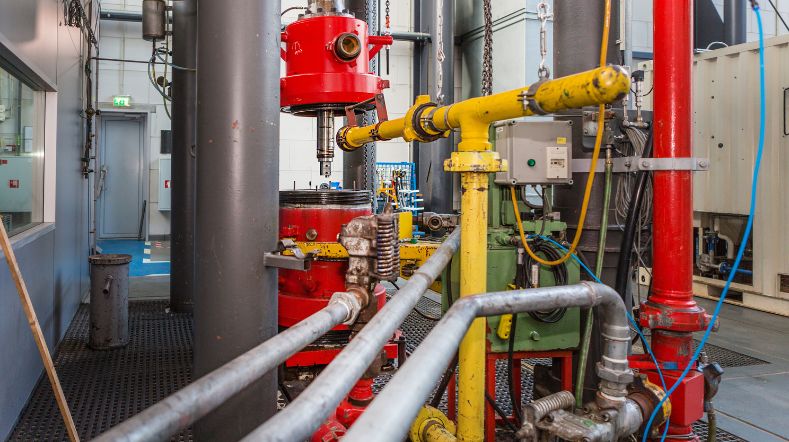

Geothermal energy: sustainable heat from the subsurface
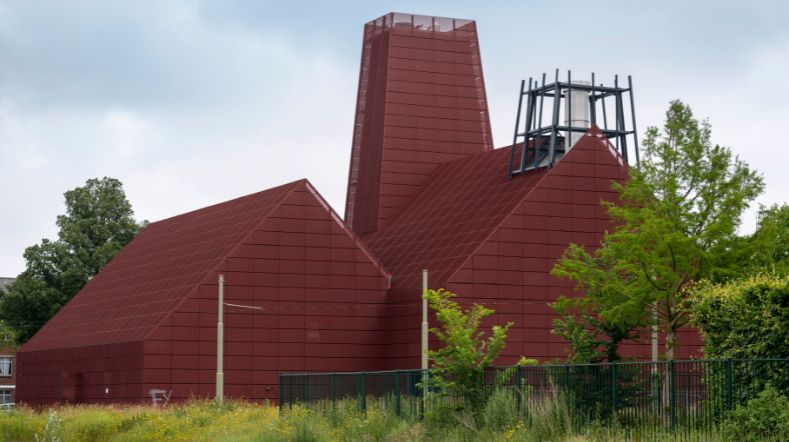

Smarter storage: how TNO optimises thermal energy storage
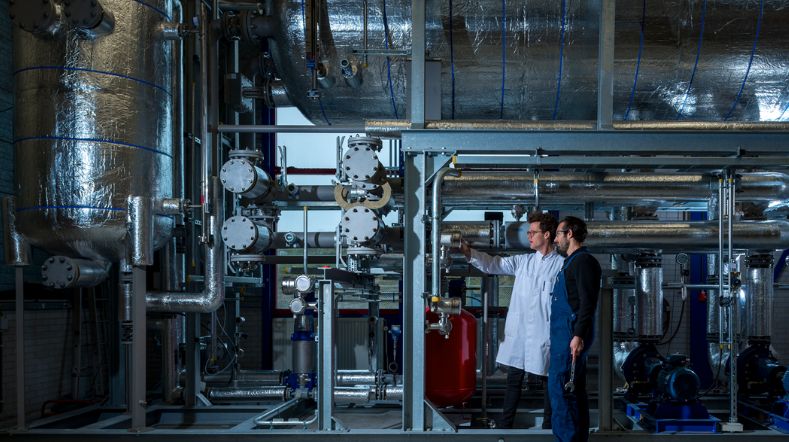

Heat system integration: aligning all the pieces
